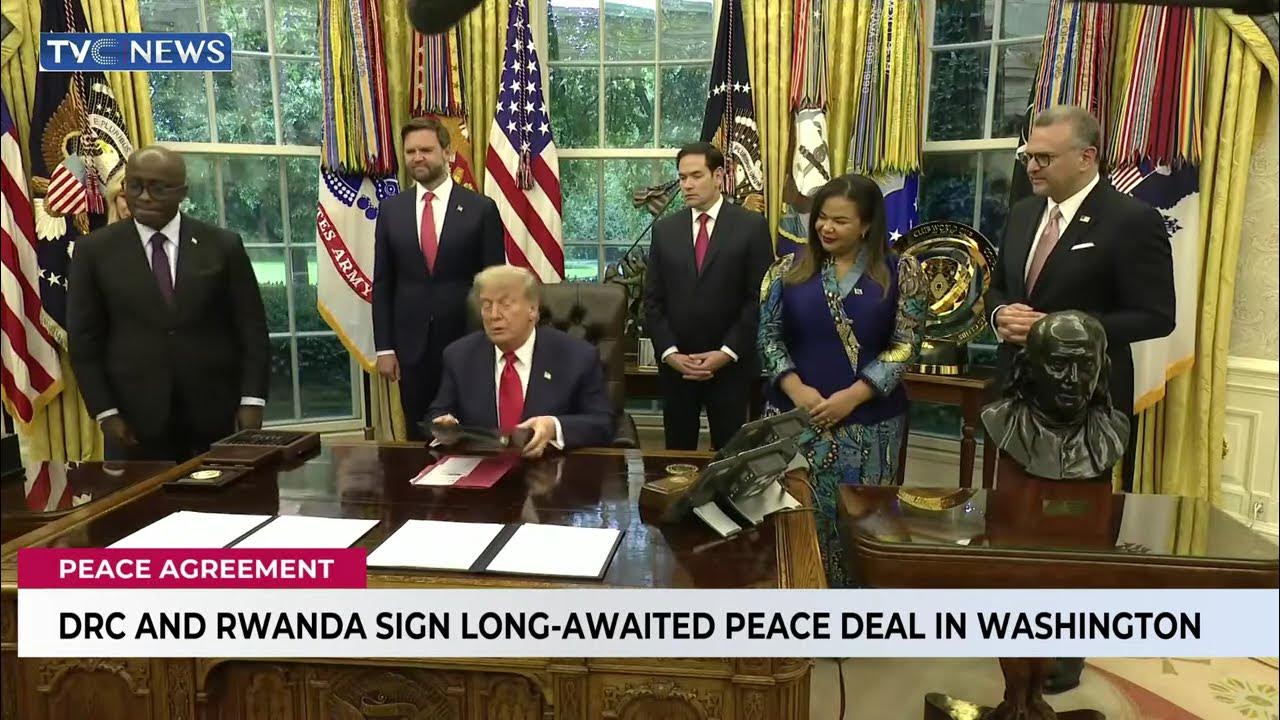
A U.S.-brokered peace agreement between the Democratic Republic of the Congo (DRC) and Rwanda is being hailed as a breakthrough in one of Africa’s longest-running conflicts — but also questioned,in the words of a Congolese ex-president,for being “nothing more than a trade agreement”.
The accord,signed in Washington on 27 June,aims to de-escalate violence in eastern DRC,stabilize the mineral-rich region,and foster regional cooperation — yet many observers warn the deal may fall short of addressing the crisis’s root causes. UN officials,including MONUSCO head Bintou Keita and Secretary-General António Guterres,praised the agreement as a “significant step” toward ending the conflict. Rwanda and the DRC pledged mutual respect for sovereignty,and Rwanda agreed to withdraw troops. A joint security mechanism will oversee disarmament and neutralization of armed groups like M23 and FDLR.
However,critics argue the deal is more a trade pact than a peace agreement. The inclusion of provisions on critical mineral cooperation has led to accusations that the U.S. is prioritizing access to rare earth elements over justice and long-term stability. Former President Joseph Kabila dismissed the agreement as “diplomatic theater,” while residents in rebel-held areas expressed skepticism due to the absence of M23 at the talks. “While mineral wealth is a driver of the conflict,it is not the root cause of the violence,” Commentary by the Washington-based Centre for Strategic and International Studies (CSIS). As humanitarian groups cautiously welcome renewed dialogue,analysts warn that without inclusive political solutions,accountability,and deeper governance reform,this deal — like many before — risks becoming another missed opportunity for lasting peace in the Great Lakes region.
United News - unews.co.za